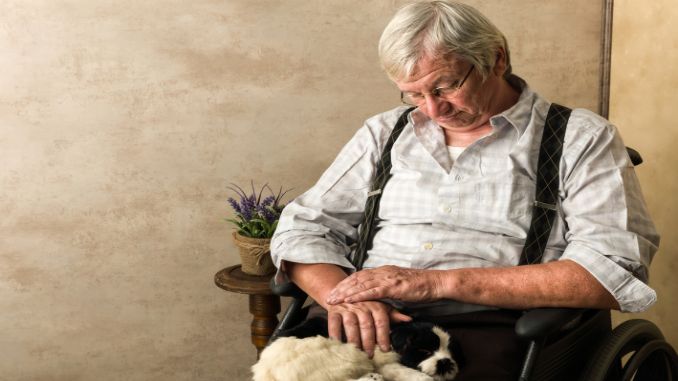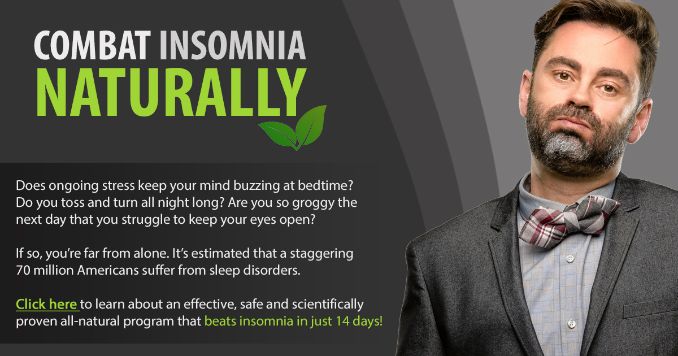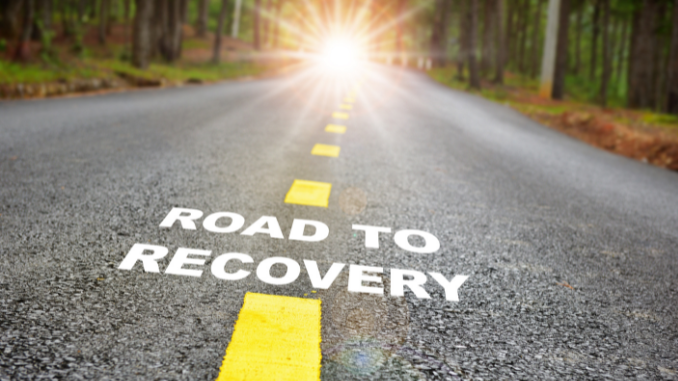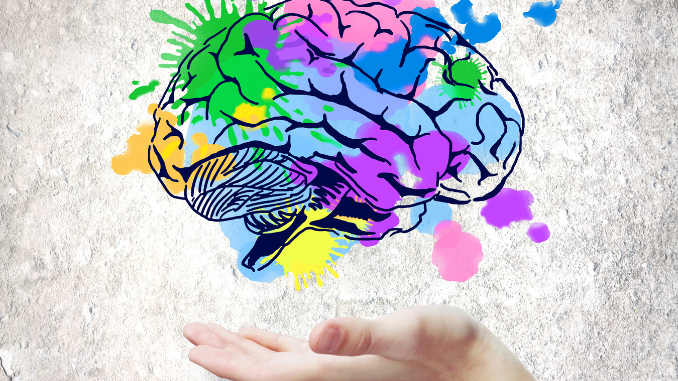The fascinating phenomenon of increased sleep hours among seniors compared to younger adults sparks interest in medicine. There are plenty of physiological, psychological, and environmental factors to consider. Older people tend to develop chronic health conditions that can be fixed with prescription medications. However, some medicines are the prime factors that cause the increase in sleep and irregular sleep patterns for the elderly.
This article aims to answer the question, 'Why do old people sleep so much?' and the phenomenon surrounding excessive sleeping or poor sleep quality among elderly patients.
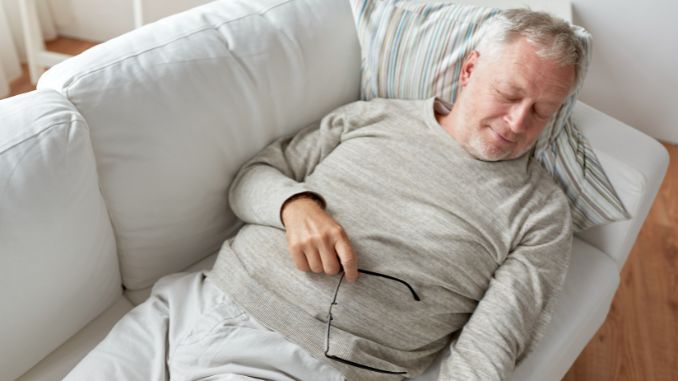
The Importance of Quality Sleep in Old Age
Plenty of things can affect a senior’s sleep schedule, and this is due to the natural drawbacks of aging.
Getting quality sleep is crucial to our well-being, especially for older adults, as they have to deal with challenges such as their sleep patterns and disorders. The question, "Why do old people sleep so much?" is usually followed by sleep disturbances and other factors involving poor sleep quality.
These factors include sleep apnea, restless legs syndrome, and periodic limb movement disorder. Additionally, these conditions can affect the sleep architecture of the afflicted, causing them to have less sleep or sleep deprivation.
Addressing these issues is important to prevent daytime sleepiness and maintain optimal mental health for older adults. Having healthy sleep habits, following a regular sleep schedule, and practicing good sleep hygiene can do wonders for conditions like insomnia, chronic pain, and sleep disorders that cause constant sleep issues.
Moreover, by understanding the importance of quality sleep, you can prevent or at least lessen the risk of the following conditions.
- high blood pressure
- cardiovascular disease
- Rapid Eye Movement or REM sleep behavior disorder
Following better sleep practices and good sleep habits helps prevent problematic sleep changes and enhance seniors' overall quality of life.
Older adults do not have to suffer alone as family caregivers and family members themselves play a pivotal role in supporting their elderly loved ones, ensuring a conducive sleep environment, and managing medications, including those for mental health conditions like major depressive disorder or Lewy body disease.
Why Do Old People Sleep So Much?
A. Health Conditions
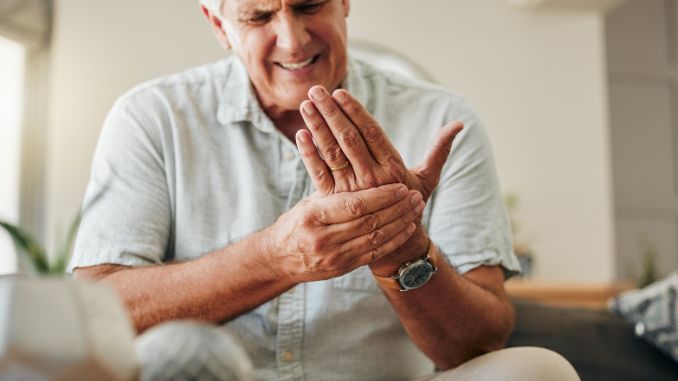
Health conditions seriously impact the sleep patterns of our elderly loved ones. Factors such as arthritis and back pains are the most common problems that affect the sleep hygiene of the elderly.
This disruption can cause them to have irregular sleep, resulting in less sleep at night and an increase in excessive daytime sleepiness. Here are some of the health conditions that can affect a senior’s sleep schedule and some solutions to deal with the problems:
Arthritis
Arthritis affects the sleep pattern of older individuals due to chronic pain and stiffness. The joint pain and inflammation characteristic of arthritis often intensifies at night. Making it difficult for individuals to fall asleep or find a comfortable sleep position. This leads to frequent awakenings or daytime drowsiness in the morning, resulting in even more sleep for the elderly.
A way to deal with arthritis is over-the-counter medications such as pain relievers or massaging the affected area and increasing the blood flow to the muscles.
Back pains also disturb the sleep of older adults, posing challenges that impact both falling asleep and staying asleep throughout the night. The discomfort and pain associated with back issues can intensify when lying down. This causes further sleep issues for older individuals, resulting in lost sleep.
Back pains can be remedied with a massage for quick relief or a more comfortable mattress or pillow to lessen sleep problems in the future.
Sleep Apnea
Sleep apnea is an illness characterized by repeated breaks in breathing during sleep, leading to interrupted sleep patterns. Older individuals with sleep apnea may experience loud snoring, choking, or gasping for air. All of which contribute to awakenings throughout the night.
A natural way to combat sleep apnea is to sleep on your side, opening the airway and preventing choking or gasping, for a more healthy sleep.
Restless Legs Syndrome
RLS or Restless Leg Syndrome is an urge to move the legs, sometimes accompanied by tingling or crawling sensations. It typically worsens during periods of inactivity, particularly in the evening, causing them to stay awake. RLS is also similar to the Periodic Limb Movement Disorder or PLMD, which are leg jerks or kicks that happen every 20 to 40 seconds that will disturb the sleep of older adults.
B. Medications

Some over-the-counter medications or prescription drugs can make people feel sleepy. These prescribed medicines, known as sedatives, are often given to older adults to manage conditions like high blood pressure, anxiety, and sleeping problems due to being clinically depressed. Without alternative medications available, older adults suffer from sleep problems at night and daytime drowsiness in the morning. Furthermore, the sedative can affect how well someone sleeps by changing the different stages of sleep or causing daytime sleepiness.
If you think that the medicines you take are too strong. Talk to your doctor and get prescribed with a lesser dosage that can help you sleep at night.
C. Physical Activity
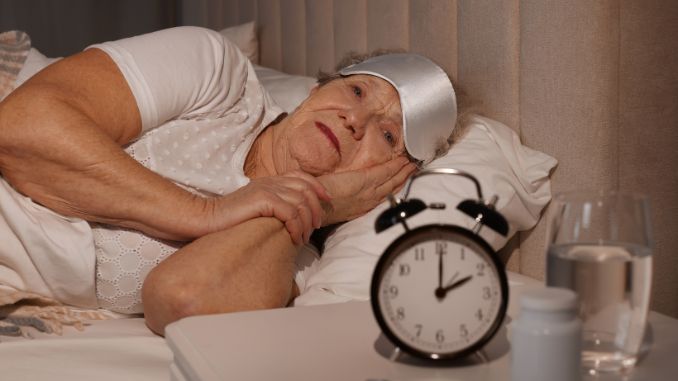
While regular physical activity generally has positive effects on sleep. There are instances where it might cause sleep problems for the elderly looking to stay active in their golden years.
Unlike younger adults, older individuals need to remember that the timing and intensity of the exercise and your personal limit are important. Overexertion is a common instance that leads to fatigue and soreness, which can cause sleep issues.
D. Psychological Factors
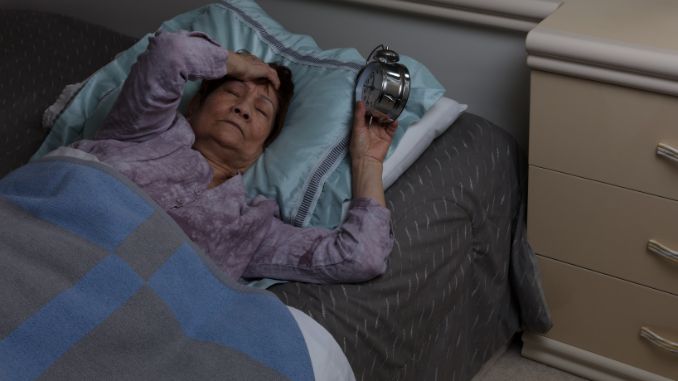
Psychological factors can greatly affect older adults, contributing to sleep disturbances and difficulties leading to broken sleeping patterns and their internal circadian rhythms. Several psychological factors can negatively affect the sleep of older people. But with the proper solutions and help provided, it can lessen the severity or solve the problem entirely, such as:
Speed
Stress can profoundly impact the sleep of older adults, creating a complex interplay between mental and physical well-being. As older adults age, they may face various stressors, including health concerns, changes in lifestyle, or the loss of loved ones.
Dealing with stress may vary as you get older. One way of dealing with stress is to stay mentally active. Activities such as solving puzzles, learning new skills, and simply reading can help you from feeling overwhelmed.
Anxiety
Anxiety involves heightened arousal, increased heart rate, and the release of stress hormones. All of which can interfere with the ability to relax before bedtime. Older adults with anxiety may experience less sleep compared to younger adults as their minds race with thoughts.
Like stress, anxiety has a way of affecting all of us. The one thing to never forget is that if things get too overwhelming. Never be afraid to ask for help from someone.
Depression
The connection between depression and sleep is bidirectional. Depressive symptoms can lead to sleep disturbances, and disrupted sleep can exacerbate depressive feelings. Older adults with depression often experience difficulty struggling to initiate sleep, staying asleep, or waking up too early in the morning.
To combat depression, talk to people, keep your mind active, and don't lose interest. Depression is a worse version of stress and anxiety. The best way to fight it is to engage with people or seek professional help.
Cognitive Decline
Conditions such as Alzheimer's disease, cognitive impairment, and other symptoms similar to this often bring about changes in sleep architecture and circadian rhythms. Older adults experiencing mental health problems may encounter difficulties with the regular sleep-wake cycle, leading to fragmented and disrupted sleep.
E. Environmental Factors
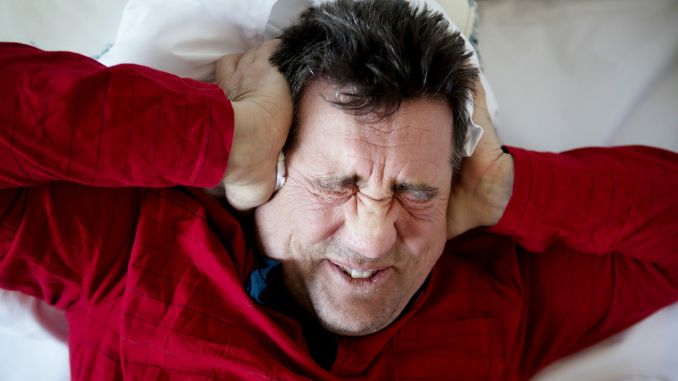
Environmental factors play an essential role in influencing the sleep of older adults as their senses are more sensitive than any age group. Certain factors can either help or disturb their sleep entirely. Here are several environmental factors that can negatively affect the sleep of older people and some solutions to help them deal with it:
Noise
As people age, they often become more sensitive to environmental stimuli, including noise, making them more susceptible to sleep disruptions. Common noise sources, such as traffic, neighbors, or household sounds, can lead to frequent awakenings at night and difficulties falling back asleep.
A practical solution for this is to lessen the noise in the house, or if it is an uncontrollably loud one. A noise-canceling headphones might do the trick.
Light Exposure
Light is an important part of regulating the sleep-wake cycle. For older adults, its impact on sleep can be particularly significant. As people age, their sensitivity to light may change, and exposure to certain types of light, especially in the evening, can interfere with the natural circadian rhythms.
People have different preferences when it comes to sleeping, some may sleep with the lights on, and others prefer to turn it off. A good way to fix this is to use nightlights for the perfect nighttime mood.
Temperature
Temperature is important in influencing the sleep of older adults, and its impact on sleep quality is complex. As people age, their ability to regulate body temperature may change, making them more susceptible to the effects of temperature variations during sleep. Sleep is typically initiated when the body's core temperature drops; maintaining a cool sleep environment supports this natural process.
Uncomfortable Sleep Environment
An appropriate mattress and pillow provide the necessary support to align the spine and relieve pressure points, contributing to a more comfortable and restful sleep. Conversely, an unsupportive mattress or pillows that do not accommodate the changing needs of older adults can lead to discomfort, stiffness, and disrupted sleep.
F. Nutritional Factors

Nutritional factors can influence the sleep of older adults, and certain dietary habits or choices may negatively impact the quality of life and cause less sleep for older adults. Here are several nutritional factors that can negatively affect the sleep of older people;
More, caffeine intake can have a notable impact on the sleep of older adults, particularly as they may become more sensitive to its effects with age. Also, caffeine, a stimulant in coffee, tea, chocolate, and some medications, can interfere with the natural sleep-wake cycle by blocking the action of adenosine, promoting a good night's sleep.
Alcohol Consumption
Alcohol introduces both short-term and long-term effects that can disturb the body's internal clock and also disrupt circadian rhythms. While alcohol may initially act as a sedative, promoting excessive sleepiness and facilitating the onset of sleep, its overall influence on sleep quality is more complex.
Heavy or Spicy Food
Consuming heavy or spicy food, especially close to bedtime, can negatively impact older adults. Like many seniors and older adults. Their digestive system may become more sensitive, and certain foods can lead to discomfort and indigestion. Heavy or rich foods, such as those high in fats and spices, can take longer to digest, potentially causing acid reflux or heartburn during the night. This discomfort can lead to difficulty falling asleep, increased awakenings, and an overall disruption in sleep quality.
Dehydration
As people age, their sense of thirst may diminish, making them more susceptible to dehydration. Inadequate hydration can lead to discomfort, dry mouth, and nasal passages, increasing awakenings during the night. Dehydration may also result in the production of concentrated urine, prompting trips to the bathroom and disrupting the continuity of falling asleep.
High Sugar Intake
Dietary choices play a crucial role in overall health, and excess sugar consumption has been linked to various health issues, including sleep disturbances. Consuming foods high in sugar, especially close to bedtime, can lead to fluctuations in blood sugar levels. These fluctuations can trigger arousal during the night, contributing to fragmented sleep and difficulty maintaining restful sleep cycles.
Nicotine
Nicotine, a stimulant found in tobacco products, can have excitatory effects on the central nervous system. For older individuals, who may be more sensitive to the stimulating effects of nicotine, consuming it close to bedtime can lead to difficulties in falling asleep. Moreover, nicotine can contribute to a broken sleep schedule, causing individuals to experience more awakenings during the night. Nicotine withdrawal symptoms, which can occur during the night, may further disrupt sleep continuity.
Takeaways
The excessive sleepiness among seniors can be explained by a variety that ranges from physiological changes and psychological factors to environmental influences and health conditions. The reasons why do old people sleep so much are diverse and may vary from each person.
However, understanding these factors is crucial for the curious reader and those seeking insights into optimizing sleep during their golden years. By acknowledging the complex interplay of these elements. Seniors can make informed choices to create a sleep-friendly environment. Promote overall well-being and enjoy restful nights for a healthier and more fulfilling life.
Unlock the secrets of senior slumber and understand why the elderly need longer sleep. Enhance their rest with our '14-Day Sleep Improvement Quick Start Program' Sleep better, live better!"

